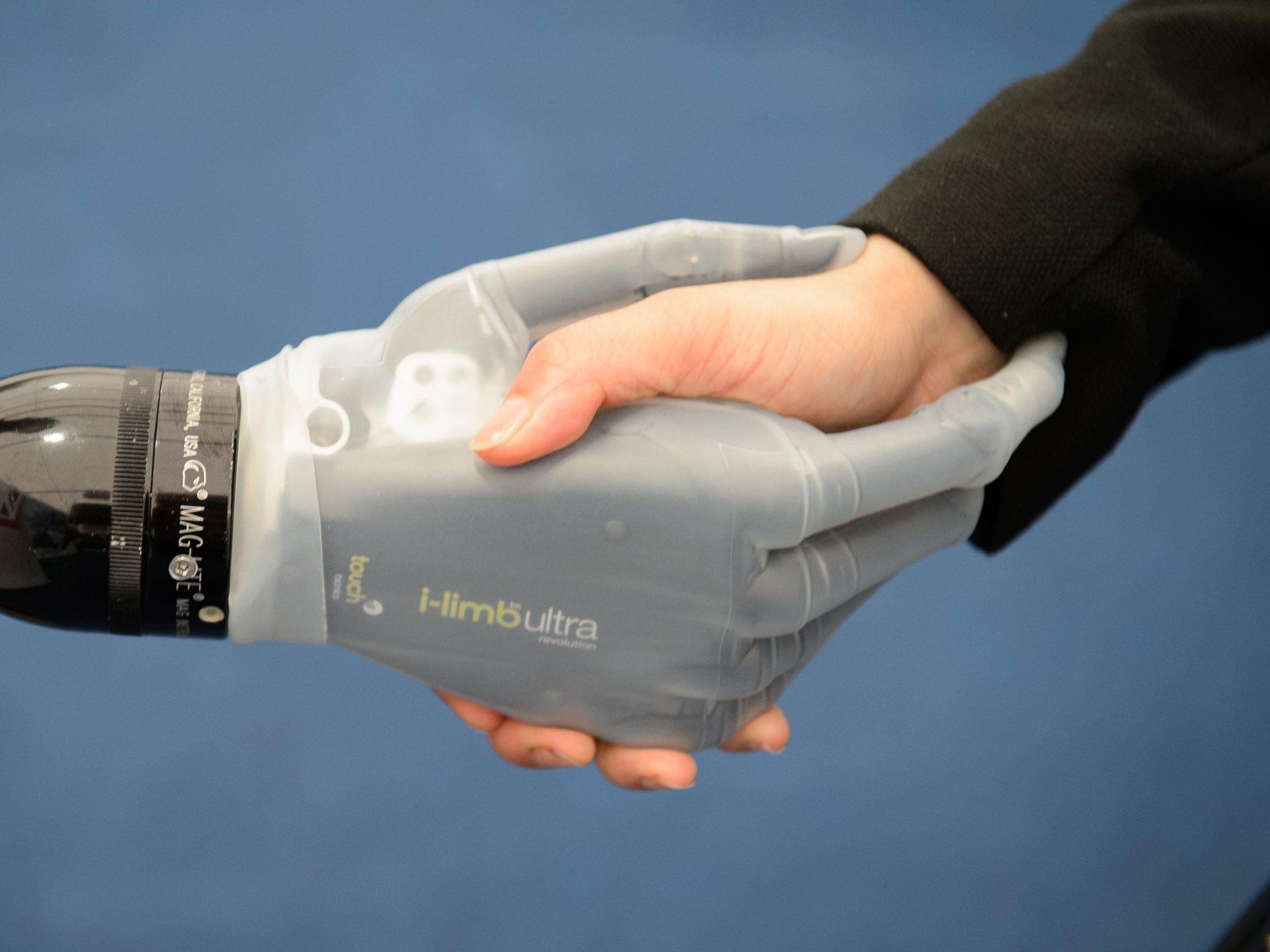Our fears of robotisation and automation are getting out of hand
Every new wave of technology appears strange and a little threatening to those of us who have not quite got used to self-service checkouts

“Does machine displace men in the long run?” That was the question asked by The New York Times in 1940. It reported a debate between Franklin D Roosevelt, the President of the United States, who thought new technology meant unemployment, and Karl Compton, president of Massachusetts Institute of Technology, who did not.
The same question has been asked and answered many times in human history. The first person to invent the wheel and axle was probably shouted at by log-carriers who feared that they would not be able to pass on their trade to their sons. The question – or fear – is always the same, and the answer is always the same.
From the Luddites to today’s debate about a universal basic income, the answer is no. The fears of the weavers of Nottinghamshire, Yorkshire and Lancashire who broke up spinning frames in 1811-13 were understandable, but misplaced. The argument we need an unconditional citizens income because robotisation is destroying conventional jobs is likewise understandable, but again misplaced. If there is a case for the basic income, it depends on social justice, not on the end of work as we know it.
Naturally, every new wave of technology appears strange and a little threatening to those of us who have not quite got used to self-service checkouts. On our science and technology pages The Independent is at the leading edge of reporting the latest developments in driverless cars, drones and virtual reality. In nearly every case, jobs seem to be at risk.
We are less interested in reporting some innovations covered by our rivals – such as “Professor warns sex with android dolls could stop people forming relationships with humans" – but we are also less keen to present technology as a threat to civilisation as we know it.
The Independent is in favour of progress. Indeed, we owe our origin as a newspaper to new printing technology that cut the cost of entry into the business, and we now thrive in the growing digital environment. New technology has made the world safer, its people healthier, their lives more fulfilling, and it has spread wealth and knowledge more equally worldwide. We are optimistic that the benefits will continue, and that they will continue to be spread more widely.
That does not mean, however, that we should not recognise the strains that technological change causes. A robot may not be coming for your job, but your job is likely to go on changing. One of the responsibilities of government is to help citizens to prepare for change, to promote lifetime learning and adaptability. And the other responsibility of government is to do what it can to ensure that the benefits of new technology are spread as equally as possible.
So far in the UK, we have avoided the forces towards greater inequality in the labour market that have so disfigured American society. But we have to accept that this is often not how it feels for low-paid, low-skilled workers whose jobs are insecure.
One of the more significant measures in the Queen’s Speech last month was the promise of the right for every household to high-speed broadband. That will be hard to deliver in the more far-flung parts of Her Majesty’s kingdom, but it is the right ambition for us as a nation.
So let us have less of the scaremongering about robots, drones and computers taking our jobs. Let us hear more of the benefits of technology and let us celebrate progress, the great inventive spirit of humankind. Machines will not displace us in the long run. They will make our lives even better.
Join our commenting forum
Join thought-provoking conversations, follow other Independent readers and see their replies
Comments
Bookmark popover
Removed from bookmarks